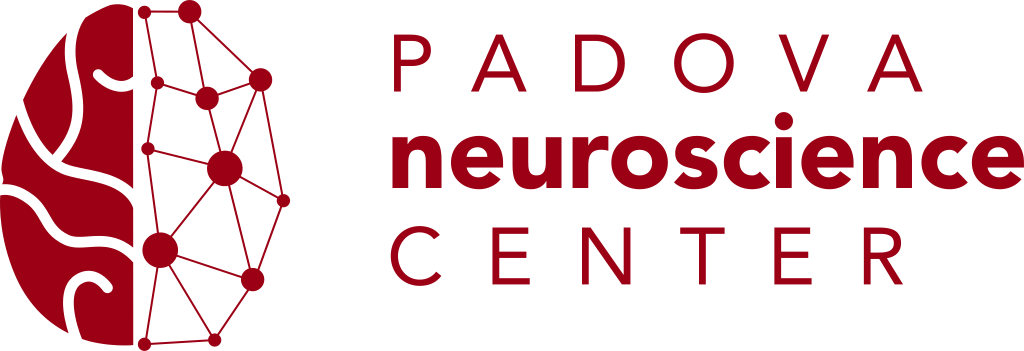From bench to bedside. Mechanisms of long-term memory inform the development of novel treatments for neurodevelopmental disorders and neurodegenerative diseases by Prof. Cristina Alberini, Julius Silver, Roslyn S. Silver & Enid Silver Winslow Professor, Center for Neural Science, New York University
When: October 21, 2025, at 2:15 pm
Where: Sala Riunioni “C. Musatti” (Building Psicologia 1, Via Venezia 8, Padova)
Abstract: Insulin-like growth factor 2 (IGF2), a growth factor vital for development, has emerged as a key mechanism underlying synaptic plasticity, learning, and memory.
We will examine two main findings: 1) the origin and function of IGF2 and its high-affinity receptor (IGF2R) in the brain and specifically in learning and memory, and 2) the roles of IGF2 and IGF2R in several neurodegenerative diseases, including Alzheimer’s disease (AD), Parkinson’s disease (PD), Huntington’s disease (HD), and amyotrophic lateral sclerosis (ALS), as well as neurodevelopmental disorders like Angelman syndrome. A common issue in these diseases, which feature cognitive impairments among other symptoms, is disrupted protein metabolism leading to the overaccumulation of specific proteins in the brain. While current therapeutic efforts aim to develop treatments by targeting the accumulated specific proteins, our data suggest that IGF2R acts as a master regulator of neuronal protein metabolism, addressing the root cause of these diseases.
We will discuss the development of a novel therapeutic approach focused on reactivating healthy neuronal functions important for brain plasticity and cognition. Administration of IGF2R agonists improves memory in healthy rodents and reverses cognitive deficits in aging rats, as well as alleviates core symptoms in various mouse models of neurodegenerative and neurodevelopmental disorders. We will discuss the mechanisms behind these promising therapeutic effects.

